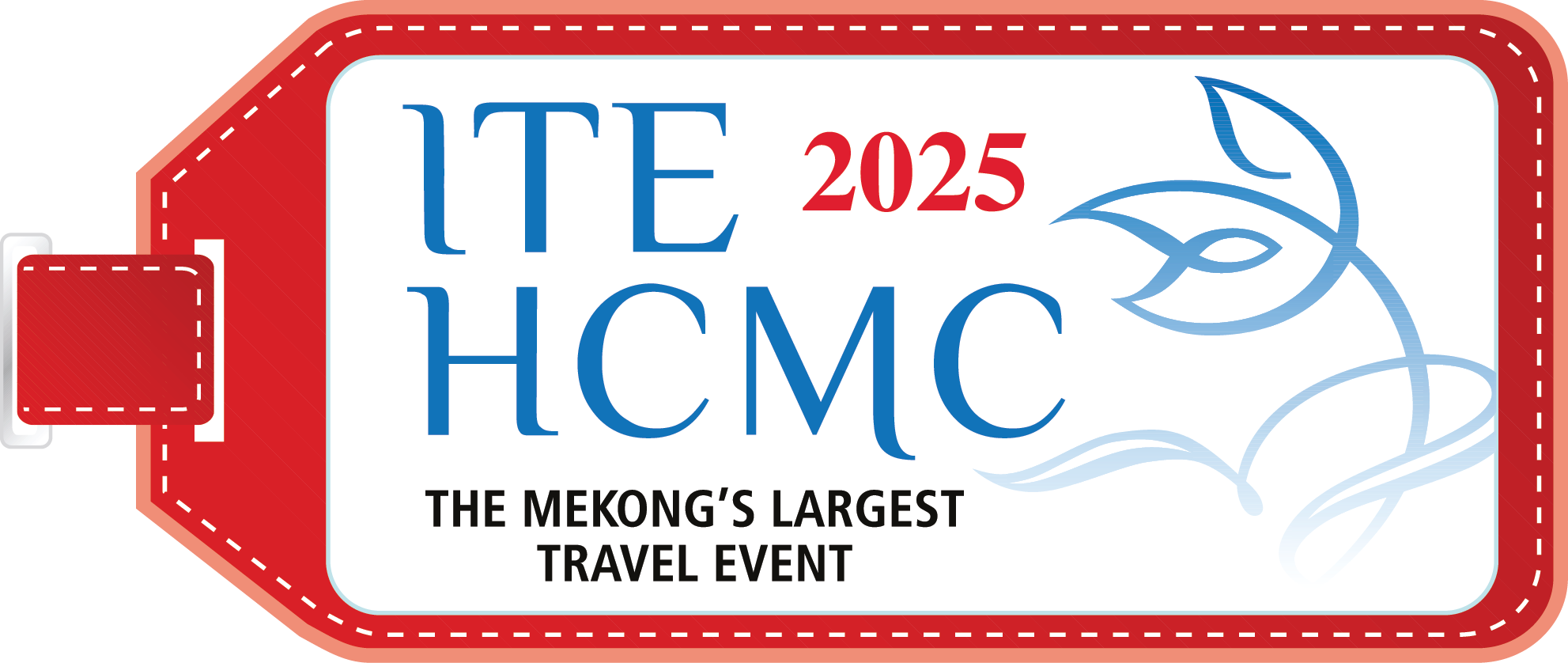
High-Level Tourism Forum
“Green Transformation, NET ZERO Tourism – Creating the Future”
On the morning of September 5, as part of the 18th International Tourism Fair of Ho Chi Minh City 2024 (ITE HCMC 2024), a High-Level Tourism Forum was held with the theme “Green Transformation, NET ZERO Tourism – Creating the Future”. The forum aimed to discuss and propose measures to enhance green transformation and promote NET ZERO development for the Vietnamese tourism business community.
As part of the thematic workshops at ITE HCMC 2024, the Ministry of Culture, Sports and Tourism, in coordination with the People’s Committee of Ho Chi Minh City, organized the High-Level Tourism Forum “Green Transformation, NET ZERO Tourism – Creating the Future”. This event also serves as part of the implementation of Decision No. 1658/QD-TTg by the Prime Minister, which approves the National Green Growth Strategy for the 2021-2030 period, with a vision to 2050, and Decision No. 147/QD-TTg by the Prime Minister, which approves the Vietnam Tourism Development Strategy until 2030. The goal is to develop sustainable and inclusive tourism based on green growth, maximizing the tourism sector’s contribution to the United Nations’ sustainable development goals.
Attending the forum were Mr. Nguyen Van Hung, Central Party Committee member and Minister of Culture, Sports, and Tourism of Vietnam, and Mr. Phan Van Mai, Chairman of the People’s Committee of Ho Chi Minh City, along with former leaders of the Party, State, Central Economic Commission, tourism leaders from other countries, and leaders from various provinces and cities of Vietnam and internationally.
Towards NET ZERO Tourism
In recent years, green tourism has gained increasing attention and has become a significant development direction for many countries, including Vietnam. Green tourism is a crucial leverage for developing a green economy, contributing to green growth, and aiming for a Net Zero (net zero emissions) target by 2050.
In his opening speech, Mr. Nguyen Van Hung – Central Party Committee member and Minister of Culture, Sports, and Tourism of Vietnam emphasized that the ITE HCMC 2024 fair must meet three main objectives: to widely promote the advantages and potential of Vietnamese tourism to international friends; to introduce new products to visitors with a focus on green tourism for sustainable development; and to serve as a platform for networking and exchanging information among state managers, scientists, and business communities, all aiming to achieve a common understanding and action towards green and sustainable tourism. Finally, the fair should target the customer market, providing attractive services and content aligned with current tourism trends to increase international visitor numbers.
Furthermore, with the theme “Sustainable Traveravel – Creating the Future”, the Minister noted, “Vietnam is in deep integration with the international community. Our country consistently demonstrates its commitment to implementing international agreements and respecting recommendations from international tourism organizations, especially the UNWTO. The UNWTO’s approach highlights that green tourism development must be closely linked with environmental protection and the sustainable livelihoods of local communities. At a higher level, Net Zero tourism aims to minimize or eliminate carbon emissions and other negative impacts on tourism activities”.
With this approach, the Vietnamese government is tasked with developing programs tailored to the country’s people and culture. This spirit is reflected in Resolution 82 on developing a national green growth strategy for 2021-2030, which prioritizes green growth tourism and the creation of green tourism products. This includes integrating technological innovation, utilizing renewable energy, reducing greenhouse gas emissions, developing unique green products to attract visitors, enhancing destination management, and eliminating plastic waste to improve the effectiveness of tourism development policies, especially in digital transformation. The focus is also on diversifying tourism types to enhance existing strengths and advantages, such as green tourism, agricultural tourism, and heritage exploration while creating job opportunities, sharing community benefits, and preserving traditional cultural values.
NET ZERO Policies in Vietnam
Vietnam is actively participating in various international conventions on global climate change mitigation, such as the Framework Convention on Climate Change (1992), the Paris Agreement on Climate Change (2015), and recent commitments on net-zero emissions and green transition at COP 26 held in Glasgow.
Dr. Luong Quang Huy, Head of the Greenhouse Gas Emission Reduction and Ozone Protection Division at the Climate Change Department, Ministry of Natural Resources and Environment, shared at the forum that all countries and political systems have a responsibility for global climate change and must fulfill national commitments.
To date, Vietnam has taken actions from travel companies to government agencies to achieve emission reduction targets related to tourism activities. Specifically, Vietnam has committed to phasing out coal-fired electricity by 2030 and eliminating it by 2040. Additionally, numerous directives and laws have been issued, including the Environmental Protection Law and various government decrees, aimed at guiding community and business practices.
Dr. Huy also highlighted that the tourism industry plays a critical role in guiding customer behavior and operating tourism to meet these requirements.
Ho Chi Minh City’s Efforts to Promote Green Transformation in Sustainable Tourism Development
In his directive speech at the forum, Mr. Nguyen Van Dung, Vice Chairman of the People’s Committee of Ho Chi Minh City, mentioned that the city’s growth faces challenges related to development while protecting natural resources, landscapes, and the living environment for sustainable development.
Ho Chi Minh City has made significant efforts to collaborate with neighboring provinces, coordinate with various international organizations, and develop programs to achieve sustainable growth and enhance community awareness.
Particularly, as regional countries race towards NET ZERO goals, Ho Chi Minh City, as a central tourism hub and regional leader, must make further strides.
During the first session, Mr. Truong Minh Huy Vu, Director of the Ho Chi Minh City Development Research Institute, agreed that achieving Net Zero in tourism must be a goal for integrated sectors.
Ho Chi Minh City has integrated the transportation, energy, and consumption sectors with tourism to minimize carbon emissions. The city is focusing on converting all city buses to clean buses, transitioning delivery services to electric vehicles, and promoting electric vehicles, bicycles, or walking. It is also developing renewable energy sources such as solar, waste-to-energy, and wind energy. Additionally, green consumption practices are being adopted, with initiatives like the plastic-free Thien Lien Island and Can Gio District being piloted as Net Zero zones.
Promoting green transformation and sustainable tourism requires collective action, with a roadmap for medium- and long-term goals depending on the context to gradually transition and mitigate economic and social shocks.
The transformation process may take 10-20 years, allowing stakeholders to engage in dialogue, experimentation, learning, discussion, and policy adjustment. Key milestones include (1) Raising awareness; (2) Pressure for change; (3) Technical options; (4) Policy decisions; (5) Behavioral changes; (6) Sustainable development outcomes influenced by dialogue, stakeholder participation, science, and technology.
In the future, contributions from various departments, business associations, community groups, and international partners will be crucial in developing detailed solutions, including action plans, resource allocation, impact assessments, and implementation roadmaps.








